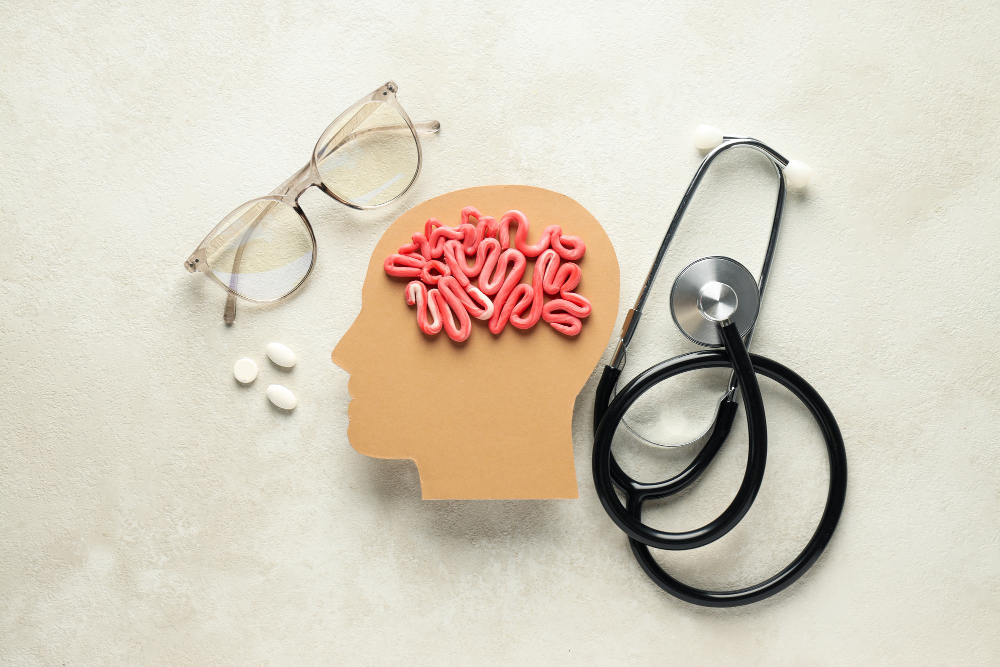
High sodium diet increases the risk of kidney disease
At present, approximately 8 million Thais suffer from chronic kidney disease, of which more than one hundred thousand end-stage renal disease (ESRD) patients require hemodialysis or peritoneal dialysis. Thai people suffer from kidney disease increasing by 15-20% per year. The main cause is caused by eating too much sodium. Until leading to illness from chronic non-communicable diseases (Non-communicable diseases; NCDs) such as diabetes, high blood pressure, heart disease, stroke and degenerative kidney disease
A recent study of a sample of 2,388 people aged 18 years and over across Thailand in the North, South, Northeast, Central and Bangkok found that Thais consume an average of 3,636 milligrams of sodium per day. Or equal to 1.8 teaspoons of salt or about 10 teaspoons of fish sauce, almost twice the amount that should be received.
Which in a day is recommended to consume no more than 2,000 milligrams of sodium, found that people aged 18-44 years consume the most sodium compared to other ages and people who are overweight, obese and people with high blood pressure Eat more sodium than the average person.
This is mainly caused by eating too much prepared food, out-of-home food, and processed food. It can be seen from the example of the amount of sodium in food. that Thai people eat regularly
The results of this study raise awareness for all Thai people to quickly turn around to take care of eating more healthy food. It’s not just eating foods that contain less sodium. But it also includes eating less processed food. avoiding processed foods high sugar drinks Focus on consuming whole grains such as whole grains, beans, a variety of vegetables and fruits in order for the body to get potassium to help balance blood pressure. And choose to eat protein from meat, fish, beans or tofu. Reduce the consumption of high saturated fat. which is the cause of chronic non-communicable diseases
5 tips to reduce sodium in your diet along with high sodium food items that should be avoided
- Opt for freshly prepared food. Avoid eating processed foods semi-finished food or fast food
- Taste before cooking every time. to reduce the addition of condiments in food
- Avoid pouring soup or drinking soup, reducing sodium in food.
- Cook your own meals to control the amount of seasoning used
- increase the use of herbs add aroma and taste to make food more delicious
source
- Chailimpamontree W, Kantachuvesiri S, Aekplakorn W, Lappichetpaiboon R, Sripaiboonkij Thokanit N, Vathesatogkit P, et al. 2. 2. 2. Estimated dietary sodium intake in Thailand: A nation‐wide population survey with 24‐hour urine collections. The Journal of Clinical Hypertension.
- Ingsathit A, Thakkinstian A, Chaiprasert A, Sangthawan P, Gojaseni P, Kiattisunthorn K, et al. Prevalence and risk factors of chronic kidney disease in the Thai adult population: Thai SEEK study. Nephrology Dialysis Transplantation. 2010;25(5):1567-75.
- Institute of Nutrition, Mahidol university. Nutrient calculation computer software INMUCAL-Nutrient V.3 database NB.3. Nakornpathom. 2013.



Leave a Reply
You must be logged in to post a comment.